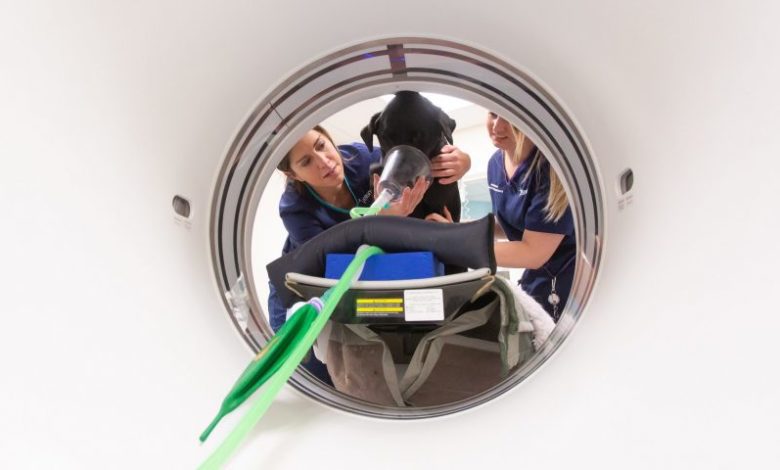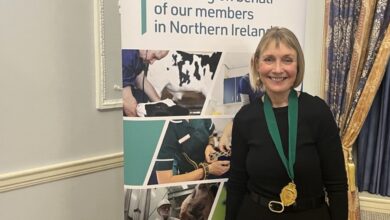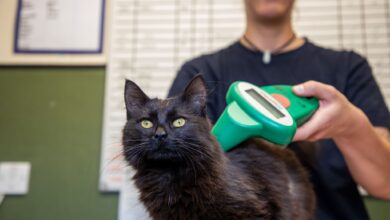Surgical residency programme launches at Glasgow’s ECC hospital

Vets Now, provider of emergency veterinary care for small animals in the UK, has launched a new small animal surgical residency programme at its hospital in Glasgow.

Become a member for unlimited access
Remove all content restrictions with a membership account. First-year special offer pricing. Cancel any time.
You have read 2/2 free articles this month.

How many members should have access to the subscription?
Monthly
Yearly
Save £9.89
No, thanks
I already have an account

Vets Now, provider of emergency veterinary care for small animals in the UK, has launched a new small animal surgical residency programme at its hospital in Glasgow.

